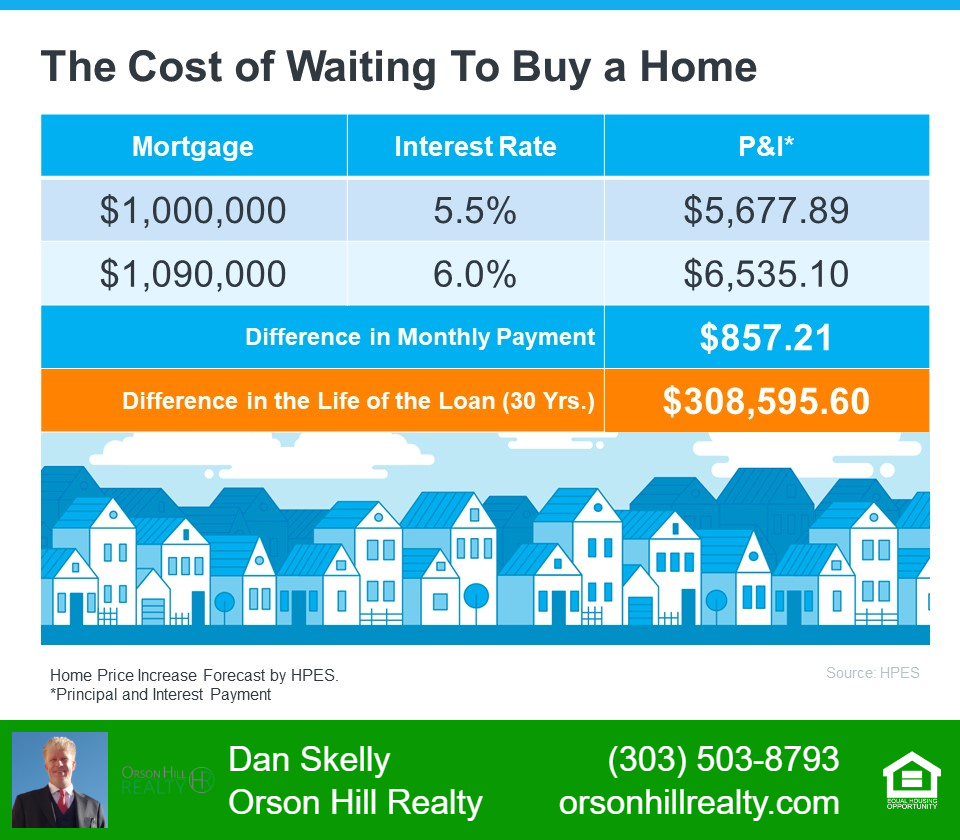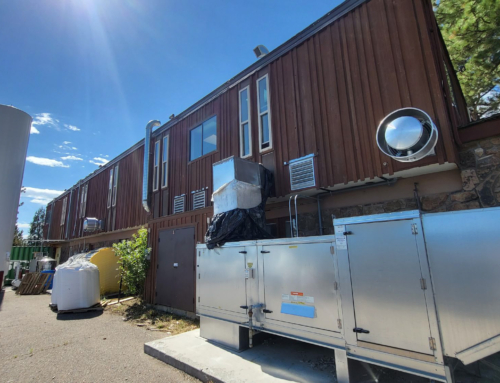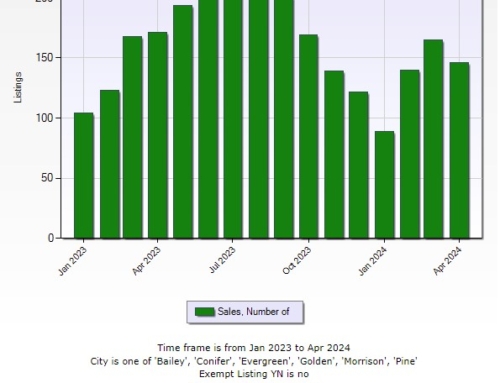Raising interest rates can have a significant impact on the affordability of buying a home, especially for those who require a mortgage to finance their purchase. When interest rates rise, the cost of borrowing money increases, which can result in higher mortgage payments and, in some cases, reduce the amount of money a lender is willing to lend to a borrower.

To better understand how interest rate changes impact mortgage payments, let’s take the example of a $800,000 mortgage with a term of 30 years. We’ll calculate the monthly mortgage payments at different interest rates, starting at 3.2% and increasing by 1% increments up to 9.2%.
Assuming a fixed-rate mortgage with monthly payments, the following table shows the monthly mortgage payments at different interest rates:
| Interest Rate | Monthly Payment |
|---|---|
| 3.2% | $3,453.65 |
| 4.2% | $3,919.46 |
| 5.2% | $4,440.62 |
| 6.2% | $5,027.84 |
| 7.2% | $5,692.91 |
| 8.2% | $6,448.31 |
| 9.2% | $7,307.12 |
As you can see, as interest rates increase, so do the monthly mortgage payments. At 3.2%, the monthly mortgage payment on an $800,000 mortgage would be $3,453.65. But at 9.2%, the monthly payment would be $7,307.12, which is more than double the payment at 3.2%. This demonstrates just how significant an impact interest rates can have on mortgage affordability.
To put this in context, let’s assume a borrower has a debt-to-income ratio of 43% and is applying for a mortgage with a lender who requires a maximum DTI of 43%. At an interest rate of 3.2%, this borrower would need to earn a minimum of $8,034.07 per month to qualify for the mortgage. However, if interest rates rose to 9.2%, the borrower would need to earn at least $16,987.47 per month to qualify for the same mortgage.
Therefore, rising interest rates can make it harder for borrowers to qualify for a mortgage and buy a home. Additionally, higher interest rates may cause borrowers to opt for smaller loan amounts or lower-priced homes to keep their monthly mortgage payments within their budget.
In summary, rising interest rates can have a significant impact on the affordability of buying a home, as it increases the cost of borrowing money, resulting in higher mortgage payments and potentially reducing the amount of money a mortgage lender is willing to lend to a borrower.
*I think all the numbers are correct but please don’t be upset if they aren’t lol

Orson Hill Realty is a real estate company in Evergreen, Colorado that serves the Denver Foothills and the Denver Metro. Orson Hill Realty can assist in any size real estate transaction from small land listings to luxury listing agents and buyer brokers.
Orson Hill Realty has experienced listings agents and buyer agents. Our Realtors know how use high tech digital marketing mixed with old school marketing to sell your home faster and for more money.
This technology also helps buyers find their home faster. That way a buyer never misses the perfect home again. Any real estate agent in this day and age that doesn’t leverage technology is not doing their clients any favors. All Orson Hill Realty real estate agents are Realtors.
Orson Hill Realty is a full-service Colorado-based real estate company that offers professional real estate agents and brokers to assist you in your buying or selling process. Our agents are well-versed in the local community and have a strong online presence, making them highly effective in their field. For buyers, we offer online listing alerts and a user-friendly portal to facilitate an efficient home search, with access to homes not yet on the market, and for sellers, we advertise on a wide range of listing websites to ensure high visibility for your listing.
As realtors, we are dedicated to upholding a higher level of ethics and experience in our business, and we are deeply invested in the community, with active participation in various local events and activities. Our real estate agents possess a wealth of knowledge on the local area and know how to negotiate the best prices for your needs. We offer excellent services for luxury homes and horse properties, although we handle any size real estate transaction with utmost professionalism.
Our company places a strong emphasis on technology, recognizing the importance of an online presence to meet the demands of our fast-paced industry. With multiple high traffic websites and digital marketing strategies, we ensure that your property is marketed throughout the internet to reach a wider audience. We are dedicated to providing luxury services to all our clients, regardless of the price point.
Orson Hill Realty
Ask me about Southwest Florida real estate









Leave A Comment
You must be logged in to post a comment.